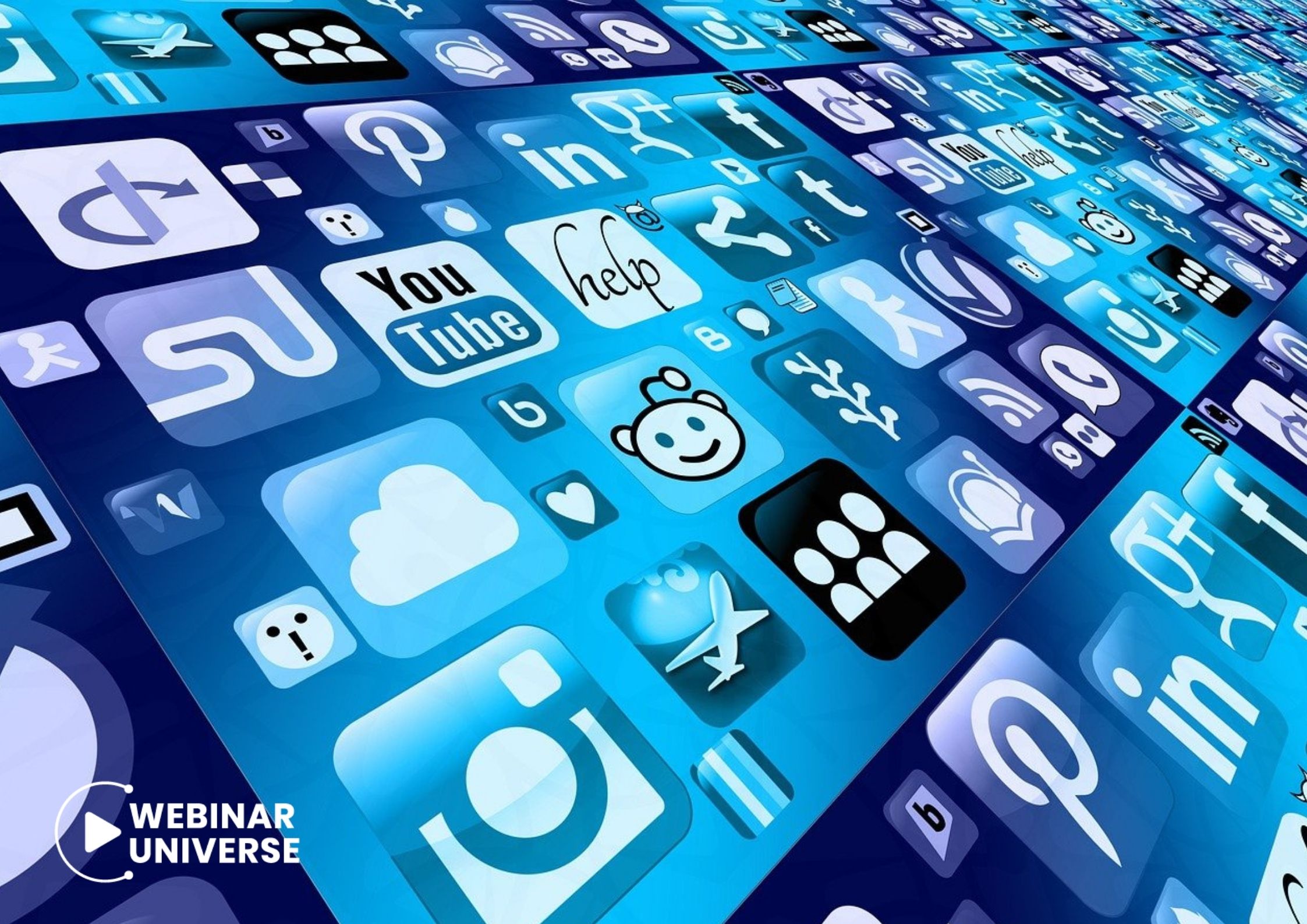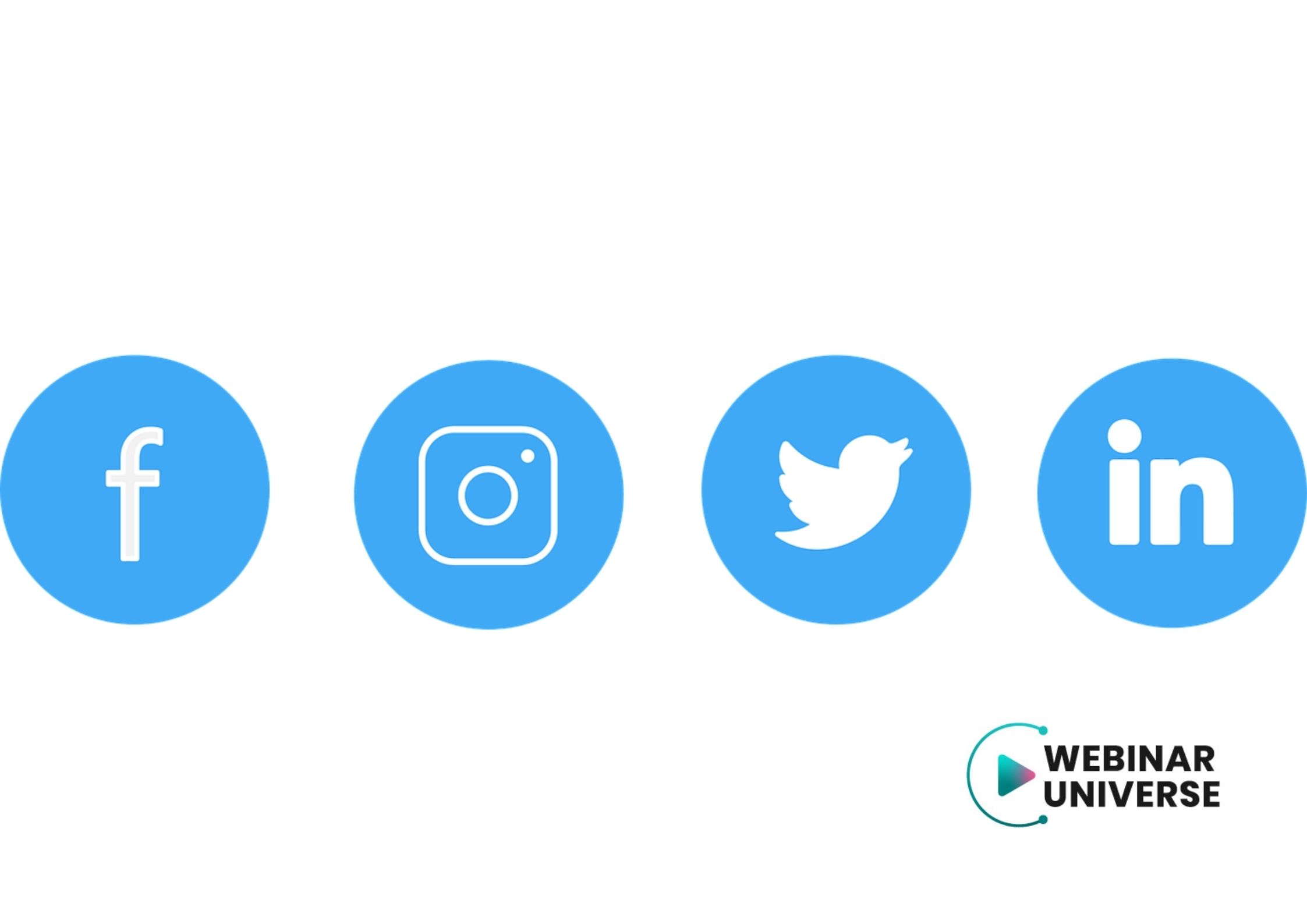Safe online?
The Internet is associated with impunity, anonymity. In theory, by not providing real data, you can hide your identity from other users of the network. In practice, however, this is not the case. No one is fully anonymous and completely safe using the Internet.
We leave traces everywhere. By performing transactions, shopping, browsing the web. Every device has its own IP address. It's something like a fingerprint or scent trail. This address appears on every device that manages data transfer between a phone or computer and a server. In practice, you can trace the information from one device to another. With enough knowledge, this trace can be matched with a physical person.
Ways to hide one's identity are available. Services such as proxy servers, VPNs, IP hiding services or browsers such as TOR. However, these do not provide an absolute guarantee that the device from which the online post was published cannot be determined.
What's more, every website collects information about users visiting the site. It records data about the device, the browser, how the site is used. Advertisers use such information to display ads tailored to the user. Thus, we can't talk about complete anonymity, although it can be increased with the help of appropriate programs and solutions. Still, there are many threats waiting for web users.
Want to know more? Check out online training courses. In the webinar courses available on Webinar Universe you will find a lot of useful knowledge on many topics. Webinar Universe - a training platform available online, so you can easily combine learning with other activities.

Virtual threats
One of the most well-known and common online threats is a virus. This is a program whose job is to harm - either the device or the user. There are many types of viruses. Some lock files on a computer and demand a ransom to unlock them. Others steal information stored on the disk, phishing for bank account data.
Privacy breaches are a big problem online. Especially on social media. We like to post photos of vacations or other occasions. We brag about many details about our lives. Cyber criminals are eager to seize such data. They can use them for stalking, bullying, and they can do damage to our image. Information is also used to create fake profiles to extort further data or money.
On the web, you also need to watch out for spam. In theory, these are just unwanted messages. They can be annoying. However, not everyone knows that they are also dangerous. Many emails that are spam contain harmful links or infected attachments. When the file is clicked or downloaded, malicious programs are installed. They steal data and spread the message further, to more people on the contact list. A threat common in social media is fake sites pretending to be news sites. Most often, the materials bear a controversial title and an eye-catching thumbnail. When the user clicks on the link, a script is activated - from a given account the material is forwarded, inserted into groups to which the user belongs, sent in private messages to other people. This is often malware. Sometimes it is only intended to unfairly increase the reach of a given site. More often, however, it does harm, stealing personal information that can be used illegally.
Account hacking is another online danger. By having a weak password, easy to decipher, and not using additional security measures, we actually expose ourselves to the hacker. It is not uncommon for accounts to be taken over for data theft and phishing. Criminals can send messages to the victim's friends asking for money, insert links containing viruses. Hackers can also use hijacked accounts to promote their sites and groups. This is especially true for community-focused sites with active fans.
Secure your account
The most important thing online is a strong password. Many people set a simple password so they can easily remember it. It won't take long for a hacker, even without the best equipment, to crack such a password. The more different characters, the longer the time becomes. Thus, such a phrase is more difficult to decipher. Ideally, the password should contain upper and lower case letters, numbers and special characters, and should not be one simple word. The password "password" is not an appropriate choice. So are short words or strings of consecutive letters or numbers. Such combinations are among the most popular passwords in the world, and it literally takes a moment to crack them. For example, it takes less than 1 second to crack the password "qwerty". The password qwerty123, on the other hand, will be decoded within 3 hours. If you add a few more letters, numbers and a special character to it, guessing it becomes unlikely.
Another thing is account security. It is worth setting up two-step verification. After enabling this option, logging in from a new device will have to be further confirmed. In what way? With a code from an app, a fingerprint on a smartphone, a click on a link on an email....
Of course, this is not an ideal method, since a hacker can break into the mail and change the password to it. Therefore, additional security should be enabled on both the portal and the email account.

Safe use
Clicking on unknown links is not a good idea. Opening messages from unknown people with suspicious attachments can result in losing access to your account. Similarly, it's not a good idea to open controversial materials shared by other people. It is very possible that these are links spreading malware.
The security of social networking accounts depends largely on proper use of the network. Setting strong, hard-to-crack passwords and using two-factor authentication are essential today. Beware of links of unknown origin and attachments in messages from people outside the contact list. And above all - use antivirus software.
